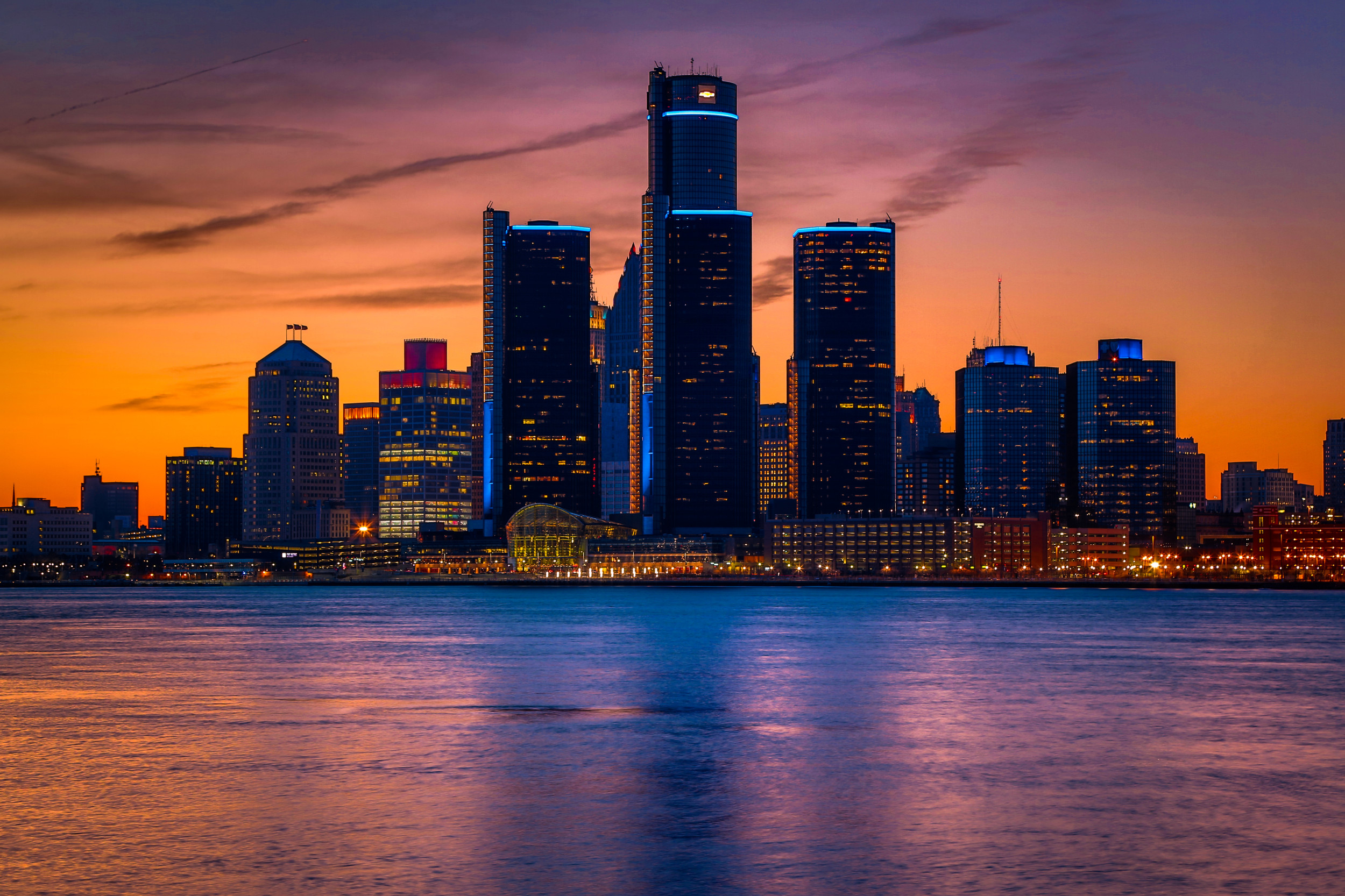Before you deck out your home with terrifying Halloween decorations, consider this: Your spooky spirit might get you fined up to thousands of dollars, depending on where you live.
Homeowners need to be careful when decorating this weekend, as several laws prohibit certain types of house decorations if deemed "too scary."
Mollie Newton of Columbus, Ohio, was saddled with a $250 fine for violating her community's noise and safety regulations a few years back.
The fee arrived for Newton after she and her family decided to fully embrace the ghoulish spirit, totally transforming the house into what she calls a "spine-chilling spectacle."

"We had it all—a fog machine, an elaborate graveyard setup and eerie sound effects," Newton, a veterinarian who runs PetMeTwice, told Newsweek.
The enthusiasm for Halloween was not appreciated by the local homeowners association, however. The organization said that the fog machine had caused visibility issues, while the sound effects were deemed as disruptive to neighbors.
"We were fined for breaking the community rules, which was a bit disheartening, especially for the kids," Newton said. "It certainly put a damper on our Halloween festivities."
From the experience, Newton said, she learned a valuable lesson about knowing community guidelines.
"My advice to fellow Halloween enthusiasts is to check your community's rules and consider your neighbors," Newton said. "You can still enjoy Halloween without risking fines."
Another Halloween fan in Lancaster, Pennsylvania, Kimberly Wall, saw her spooky season efforts go punished last year when her family transformed their front yard into a hay bale maze, hoping it would impress their trick-or-treaters.
"We didn't foresee how the hay could scatter, causing a mess on the sidewalk and street, especially on windy days," Wall told Newsweek.
The hay ended up causing the family to receive an $80 city fine for blocking public pathways and posing a potential safety hazard, Wall said.
"My children, who had assisted in setting up the maze, felt particularly upset, as they had looked forward to their friends enjoying it," Wall said.
Now Wall says she considers all potential consequences of the decorations in her yard, and she encourages other residents to research their local laws before setting up their night of witches decorations.
Rules to Watch
When trick-or-treating, it's generally applauded by your neighbors if you can transform your home into a full-on haunted house. Americans are so enamored with Halloween that they plan to spend a record-breaking $12 billion on the holiday this year, according to the National Retail Federation.
However, those who do go all out on decorations run the risk of getting a $500 fine, California real estate agent Joy Aumann said.
Aumann, also co-founder of Lajollalife.com, said homeowners need to look at their homeowners association rules around decorations, as many have hidden restrictions about Halloween, prohibiting inflatables or those deemed too spooky.
Some cities take the rules even further, as Meridian, Mississippi, ruled that giving out candy to a trick-or-treater without parental supervision will net a $500 fine.
In Phoenix, Arizona, residents can expect local zoning laws that prohibit decorations deemed "too loud or bright."
Los Angeles, California, specifically rules against turning your home into a haunted house, while Irvine, California, says decorations that are "too scary" incur a $500 fee.
But what exactly does "too scary" mean? According to the Irvine law, decorations should not depict violence, gore or death in a realistic manner.
While getting fined for "scary" decorations is relatively rare, you're more at risk if you've violated the rules in the past or had neighbors previously complain.
"If you're concerned about being fined for violating these rules or laws, it is always best to err on the side of caution and follow the rules set by your [homeowners association]," Aumann told Newsweek.
But there are even more laws that could come back to bite you this Halloween season.
Under the Premises Liability Act, homeowners could pay a $10,000 fine if their decorations accidentally fall on a trick-or-treater and cause injury. Trick-or-treaters who fall due to uneven walkways or poorly lit areas can also cost you a hefty fee, with some settlement claims awarding up to $50,000.
"Homeowners can reduce risks by making sure their property is well-lit and free of hazards, such as uneven walkways, loose cords and clutter," Aumann said. "If you're currently undergoing a renovation or have any concerns about the safety of your property externally, you could always put a sign outside to say you're not accepting trick-or-treaters this year."
And of course, homeowners need to make sure that everything in their candy bucket is actually safe to eat.
The Product Liability Law stipulates that trick-or-treaters can sue homeowners if they become sick after eating candy given to them on Halloween, and homeowners have been held liable for medical expenses in the past.
The median payout for these types of cases is more than $700,000, meaning you should definitely double-check all the candy you're giving out beforehand.
Legally, trick-or-treaters are even permitted to sue a homeowner for scaring them too much if it was an intentional infliction of emotional stress.
Trick-or-treaters can get as much as $7,500 under this type of lawsuit, so it might be best to reconsider your plan of jumping out in a scary costume to frighten someone at your door.
Typically, though, the most common fine a resident will get is related to noise levels, Aumann said. While these typically aren't too pricy, states like California have issued up to 90 days in jail and up to $400 for noise-level violations.
"To avoid being fined or convicted, keep the noise level to a minimum, especially after 10 p.m.," Aumann said. "Close the windows and doors to your apartment or house to reduce the amount of noise that escapes. If you have guests this Halloween, ask them to be respectful of your neighbors and to keep the noise level down."
Curfew laws also tend to get many in trouble on Halloween. Several states require minors under age 18 to be accompanied by a parent or guardian during trick-or-treating hours, and being found without one could result in yet another frightening fine.
"The important thing to keep in mind is that Halloween is meant to be fun," Min Hwan Ahn, a New York attorney, said. "As a means to protect the fun while also respecting local laws and regulations, it is pertinent that one does due diligence to ensure that their festivities are within acceptable bounds. Prevention is always better than a nasty surprise fine."
Uncommon Knowledge
Newsweek is committed to challenging conventional wisdom and finding connections in the search for common ground.
Newsweek is committed to challenging conventional wisdom and finding connections in the search for common ground.
About the writer
Suzanne Blake is a Newsweek reporter based in New York. Her focus is reporting on consumer and social trends, spanning ...Read more
To read how Newsweek uses AI as a newsroom tool, Click here.







